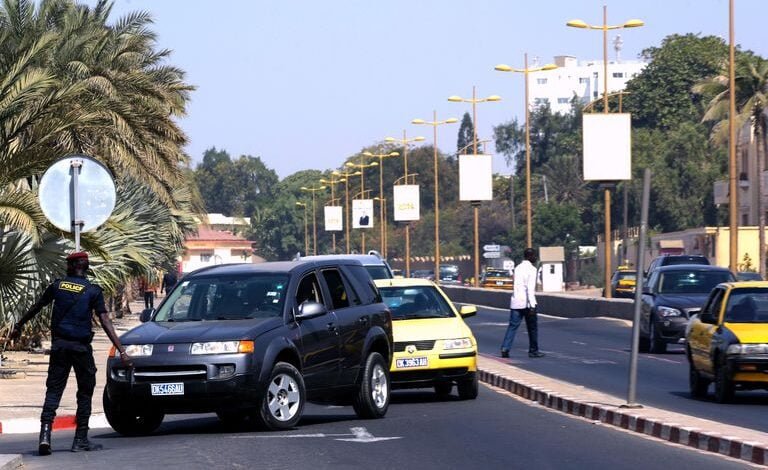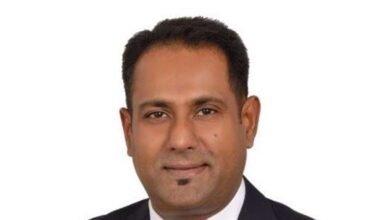Dakar, Capital Under Tension

The terrorist attacks in Bamako, Ouagadougou and Abidjan haven’t been without effect on Dakar, where authorities took a step forward to face the terrorist threat, in order to avoid that it weighs down on the already shaken economy of Senegal.
Peaceful heaven that remains so far spared from terrorist attacks, Senegal is nonetheless on the alert. A sense of fear that is reflected into the security mechanism put in place in the main streets of the city. In sites more likely to be the target of an attack, one must establish their credentials to access them. On top of usual security agents, those sites are under the high surveillance of police forces who, armed with rifles, metal detectors, and dressed with bulletproof vests and composite helmets, keep a scrupulous watch. All entrances and exits are scrutinized. A process that has greatly affected the life of Dakar’s inhabitants, starting with the managers of the numerous hotels and restaurants of the Dakar Corniche. An employee of a large tourist accommodation who wished to remain anonymous describes the downsides of this measure: ‘With this increased security around the hotel, a lot of our guests prefer to stay home instead of coming to enjoy our packages. For example, the attendance at our restaurant has dramatically decreased.’ Those drastic measures are not going to falter anytime soon. It is likely Dakar will be on the highest alert for a long time.
Heavy Security Measures
The terrorist threat is real and Senegalese authorities took it head on. Since 2014, serious measures have been implemented. First of all, the military budget has been increased, which had an impact on the national budget and the economy of the country. But this rise in the army budget should allow for new surveillance tools, including more effective tapping systems and ultra-light aircraft to monitor the border between Senegal and Mali. Also, operations of the General Directorate of Internal and External Intelligence (DGRI and DGRE) are now centralized within the General Delegation for National Intelligence (DRN). Senegal also focuses on co-operation, particularly with France, to track down time-sensitive information. With this in mind, Paris appointed a liaison officer at the Interior Ministry in Dakar, in charge of working with Senegal. Ultimately, the Ministry of Interior put together an anti-terrorism cell that will be supported by an internal security operational cell, still in development. All these measures are meant to counter terrorism and reassure citizens and other expatriates, so that people do not change their habits too much and prevent an already weakened economy from being too affected.







